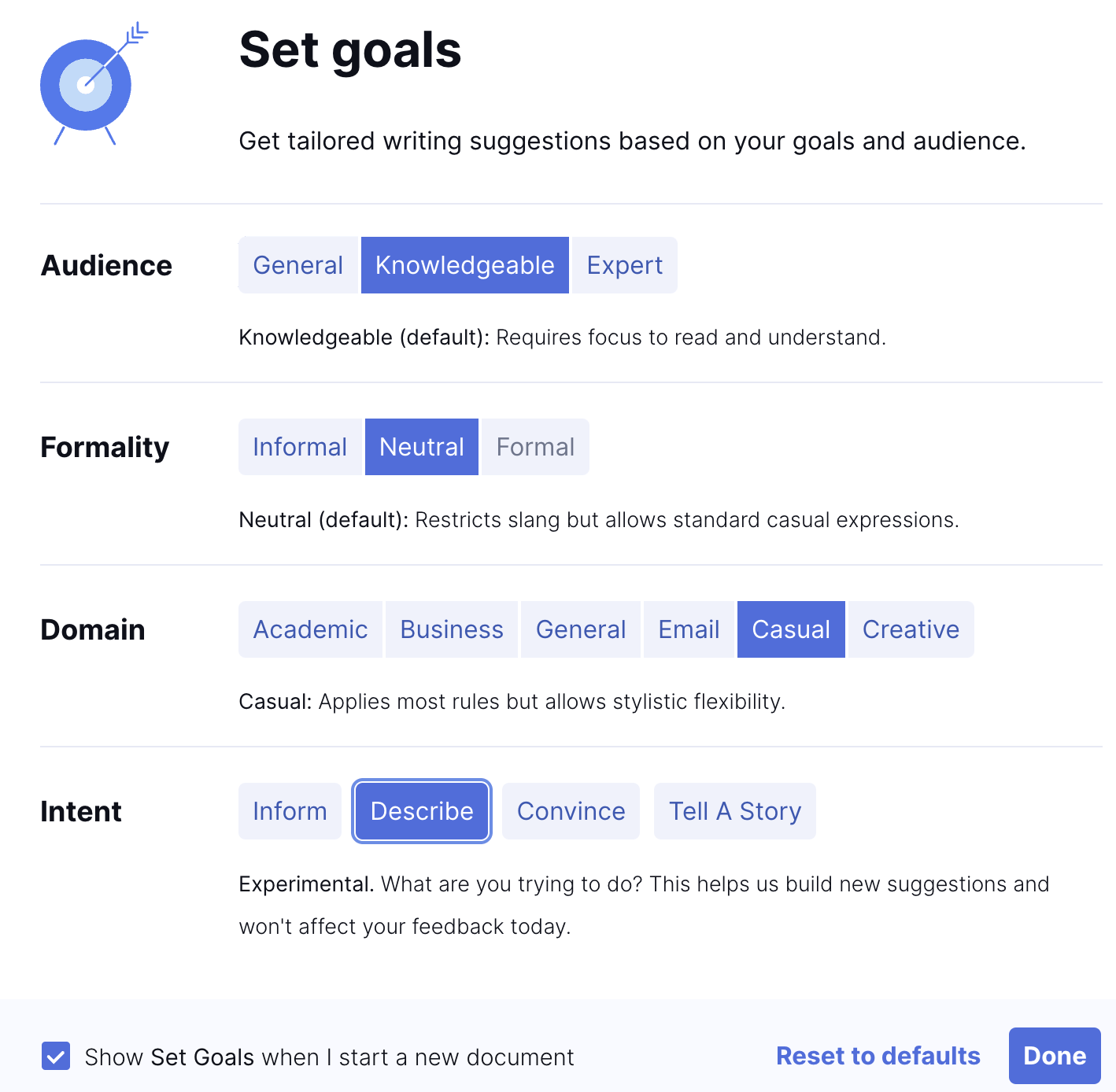In today’s rapidly evolving digital landscape, content creation has become an integral part of almost every industry. As we look ahead to 2024, it is natural to wonder about the state of content and its future. Will it continue to thrive, adapting to new technologies and consumer demands? Or will it struggle to survive, overwhelmed by information overload and changing algorithms? In this blog post, we will delve into the current state of content and explore the potential challenges and opportunities that lie ahead.
The rapid evolution of technology has undeniably transformed the way we consume content in recent years. As we find ourselves immersed in a digital age, it begs the question: What does the future hold for content? Will it continue to flourish, captivating audiences with its ever-expanding forms and mediums, or will it gradually fade away, overshadowed by the incessant noise and short attention spans of the modern world?
Writing content is not only alive and well in 2024, it’s more crucial than ever. Here are a few reasons why:
1. The information landscape is exploding: With the rise of the internet and social media, the amount of information available is constantly growing. High-quality content helps people navigate this information overload, find what they need, and understand complex topics.
2. Content marketing is essential for businesses: Businesses of all sizes rely on content to attract customers, build trust, and drive sales. This includes website copy, blog posts, social media content, email marketing campaigns, and more.
3. The demand for skilled writers is high: There is a constant need for writers who can create engaging, informative, and SEO-optimized content. This includes everything from technical writers and journalists to copywriters and content creators.
4. Content is evolving: While traditional forms of writing are still important, new formats like video scripts, podcasts, and social media posts are gaining popularity. This means there are more opportunities than ever for writers to showcase their skills and reach new audiences.
5. AI writing tools are not replacing writers: While AI can help with some aspects of writing, like generating ideas and checking grammar, it cannot replicate the human touch. Skilled writers are still needed to craft compelling stories, understand complex topics, and connect with readers on an emotional level.
In conclusion, writing content is not only alive in 2024, it’s thriving. The demand for skilled writers is high, and the possibilities are endless. If you have a passion for language and a knack for storytelling, there’s no better time to pursue a career in writing.
Here are some additional factors that contribute to the continuing relevance of writing content:
- The need for personalization: In a world saturated with information, people crave personalized experiences. Content that is tailored to specific audiences and their needs will always be valuable.
- The rise of voice search: As voice-activated technology becomes more popular, the demand for content that is optimized for spoken language will increase.
- The importance of storytelling: Stories are a powerful way to connect with people and make information memorable. Skilled writers can use storytelling to engage audiences and achieve their desired outcomes.
So, if you were worried about the future of writing content, rest assured – it’s a vibrant and evolving field with a bright future ahead!
In 2024, even though content writing is thriving, grammar and editing remain crucial aspects of creating high-quality work. Grammarly can still be a valuable tool for writers in several ways:
1. Enhanced Grammar and Mechanics:
- Catching errors: Grammarly effectively identifies and corrects common grammatical errors like typos, punctuation mistakes, subject-verb agreement issues, and misused words. This helps ensure your writing is polished and professional.
- Advanced suggestions: The premium version offers suggestions for grammar, clarity, conciseness, and vocabulary, helping you refine your writing beyond basic mechanics.
2. Improved Readability and Clarity:
- Readability score: Grammarly provides a readability score, indicating how easy your text is to understand. This feedback helps you adjust your writing style for your target audience.
- Tone suggestions: Depending on your chosen tone (formal, informal, etc.), Grammarly suggests edits to align your writing with that tone, ensuring consistency and effectiveness.
3. Increased Efficiency and Productivity:
- Real-time feedback: Get instant grammar and clarity suggestions as you write, saving time and effort compared to manual proofreading later.
- Templates and integrations: The premium version offers pre-written templates for various content types and integrates with popular writing platforms, streamlining your workflow.
4. Plagiarism Checker (Premium):
- Peace of mind: The plagiarism checker scans your work against a vast database to ensure its originality, avoiding unintentional plagiarism risks.
- Citation suggestions: Get helpful suggestions for adequately citing sources and improving academic writing integrity.
5. Continuously Learning and Evolving:
- AI-powered suggestions: Grammarly's algorithm continuously learns and improves, providing increasingly accurate and relevant feedback over time.
- Customizable preferences: You can tailor Grammarly's suggestions to your specific writing style and preferences, ensuring they align with your voice and goals.
While Grammarly shouldn't replace your own editing skills and critical thinking, it can be a valuable tool for writers of all levels in 2024. It helps catch errors, improve clarity, boost efficiency, and ensure originality, ultimately contributing to creating higher-quality content that resonates with your audience.
Remember, it's essential to use Grammarly alongside your own judgment and understanding of good writing practices.
Good Luck!
Kevin




